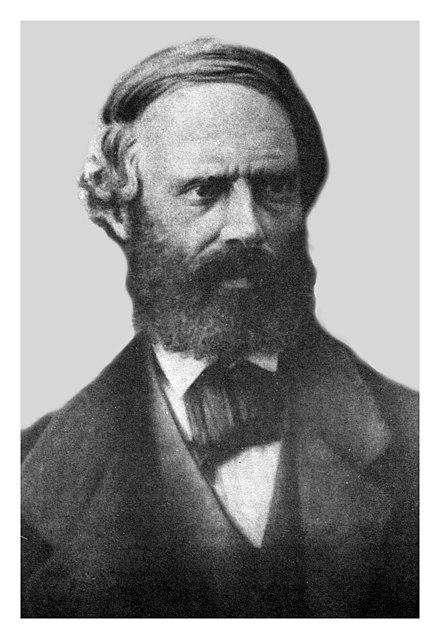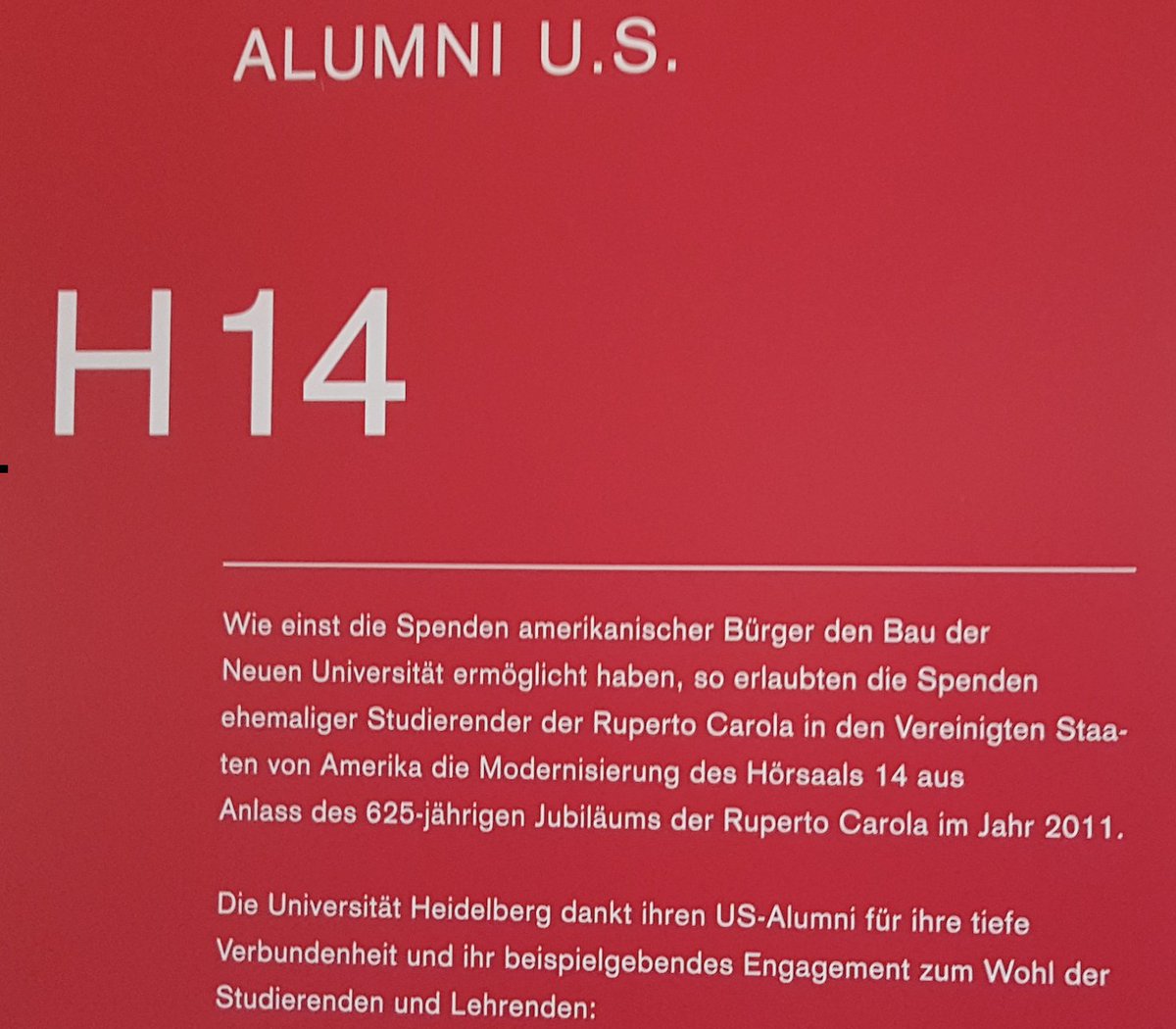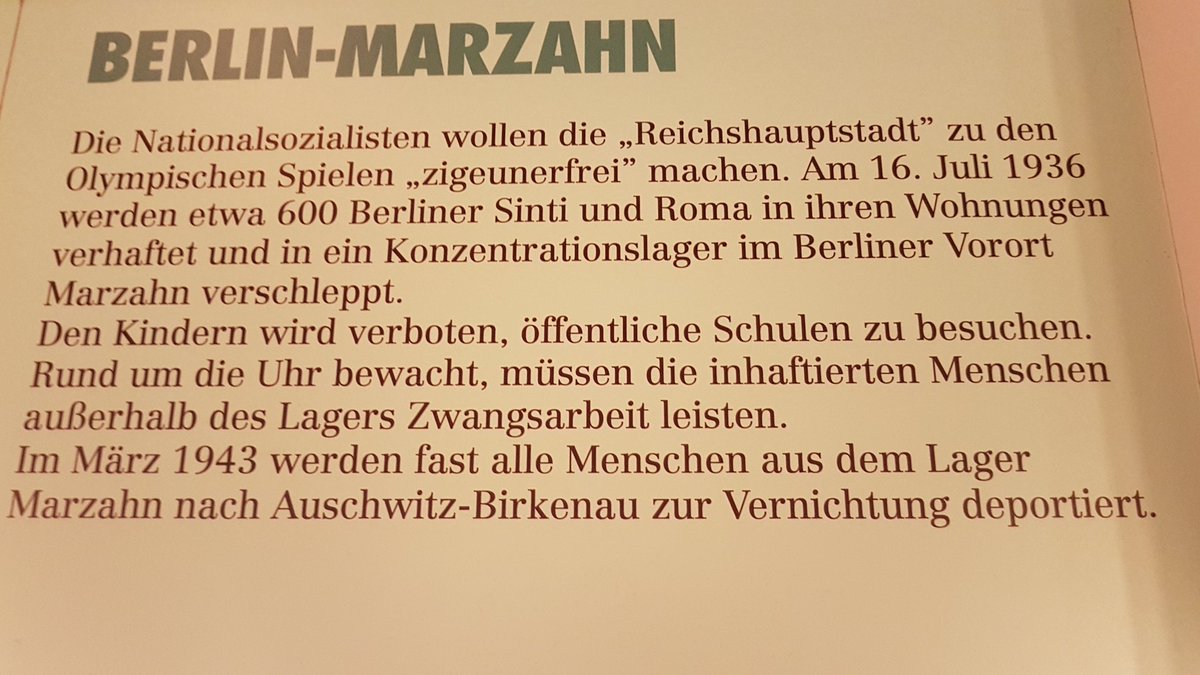This is a thread about #heidelberg history, which typically combines the commemorative of progressive politics against the city's spießig (petit bourgeois meanness) history.
Trattoria Toscana stands at Marktplatz 1.
@CAPASHeidelberg folks often eat here after our lectures.
1/
Trattoria Toscana stands at Marktplatz 1.
@CAPASHeidelberg folks often eat here after our lectures.
1/

In the 19th century, this was the location of the Schwanen-Apotheke (not to be confused with the contemporary Schwan Apotheke on Hauptstr).
More than just a drug store, it was a pharmaceutical institute, an independent site of scientific discovery.
2/
More than just a drug store, it was a pharmaceutical institute, an independent site of scientific discovery.
2/
The Schwan-Apotheke was created by Georg Friedrich Walz (1813-62).
Walz was an ardent socialist and had participated in the failed Revolution of 1848.
de.wikipedia.org/wiki/Georg_Fri…
3/
Walz was an ardent socialist and had participated in the failed Revolution of 1848.
de.wikipedia.org/wiki/Georg_Fri…
3/

In the aftermath, his career and scientific work was frequently blocked by the conservative Baden government.
But he did establish the Schwanen-Apotheke, habilitated at the uni, and sought a Professorship in science.
4/
But he did establish the Schwanen-Apotheke, habilitated at the uni, and sought a Professorship in science.
4/
His promotion was frequently blocked by politicians and Bunsen (of the Bunsen burner) on the grounds that it was inappropriate for a private scientist to be offered the Professorship.
pharmazeutische-zeitung.de/inhalt-30-1999…
5/
pharmazeutische-zeitung.de/inhalt-30-1999…
5/
Walz was finally made Professor in 1859 after 3 attempts, making him the second oldest Professor on his inauguration. The tensions in the city perhaps led to his suicide 3 years later.
6/
6/
While there is no marker for Walz or the Schwanen-Apotheke, Heidelberg honors his son, Ernst Walz, who was mayor from 1913-28, with the Walz bridge.
This is the bridge that connects the train station to the medical campus, where @CAPASHeidelberg reside.
7/
This is the bridge that connects the train station to the medical campus, where @CAPASHeidelberg reside.
7/

Walz's pharmacy is significant for those he employed, including a young assistant,
Carl Schorlemmer (1834-92)
Schorlemmer later moved to England to later become the UK's first Professor of Organic Chemistry, at Owens College, today called Manchester uni, @OfficialUoM
8/
Carl Schorlemmer (1834-92)
Schorlemmer later moved to England to later become the UK's first Professor of Organic Chemistry, at Owens College, today called Manchester uni, @OfficialUoM
8/

Schorlemmer was a close personal friend to Marx and Engels, staying with Marx on visits to London and travelling with Engels on a trip to the US.
Carl was one of only 8 at #marx's funeral.
9/
Carl was one of only 8 at #marx's funeral.
9/
Engels' funeral oration to Schorlemmer, called him "a {complete} communist before Lassalle appeared in Germany" and praised Schorlemmer as one of the founders of organic chemistry as a science, rather than a "mess of confused statements."
10/
10/
So next time @CAPASHeidelberg has a pizza at Toscana, give a thought to it as space of the intertwining of new science and socialism/communism.
Bread and Roses, indeed!
11/
Bread and Roses, indeed!
11/
@threadreaderapp unroll
• • •
Missing some Tweet in this thread? You can try to
force a refresh

















